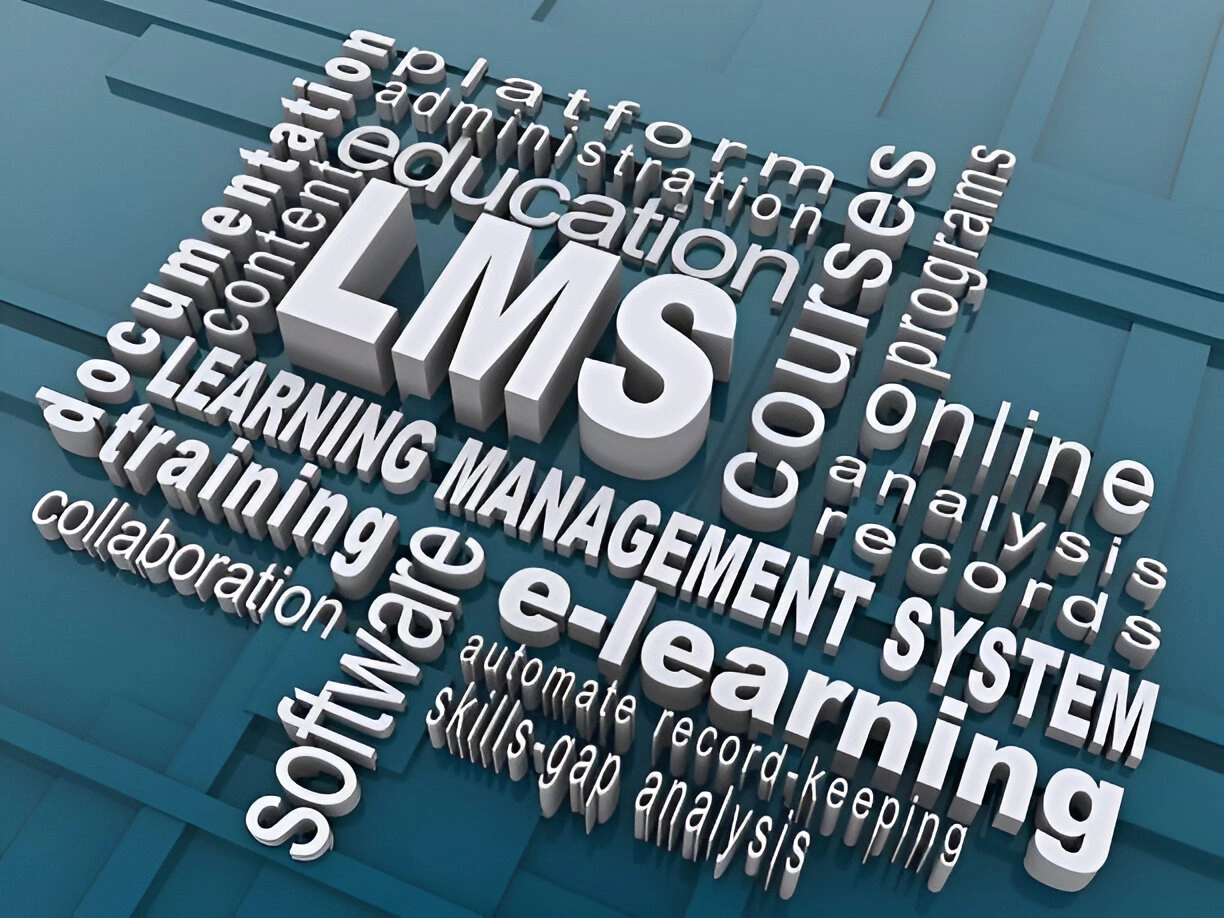In today’s rapidly evolving business landscape, organisations must adapt quickly to remain competitive. A robust learning management system platform has become essential for businesses seeking to develop their workforce effectively. Modern learning solutions are no longer optional; they’re strategic necessities for organisations looking to thrive in an increasingly complex marketplace.
The transition to digital learning has revolutionised how companies approach employee development. A comprehensive corporate learning management system enables organisations to deliver consistent, accessible training across multiple locations while tracking progress and measuring outcomes in ways traditional learning methods cannot match.

Understanding Learning Management System Platforms
A learning management system platform is a software application designed to administer, document, track, report, and deliver educational courses and training programmes. These systems have evolved significantly over the past decade, transforming from simple content repositories to sophisticated platforms that facilitate interactive learning experiences.
Modern learning management system platforms offer a range of features that support diverse learning needs:
- Content creation and management
- Learner registration and administration
- Course catalogues and learning paths
- Assessment and certification
- Reporting and analytics
- Mobile learning capabilities
- Social and collaborative learning tools
The flexibility and scalability of an enterprise LMS software solution make it particularly valuable for organisations with diverse learning requirements across multiple departments or geographic locations.
Key Benefits of Implementing a Learning Management System Platform
Organisations that invest in a cloud LMS platform can expect significant returns in various areas of their operations. Here are some of the primary benefits:
Centralised Learning Resource Management
A learning management system platform provides a central repository for all training content, making it easier to maintain consistency in learning materials while ensuring that all employees have access to the most current information. This centralisation eliminates redundancies and reduces the administrative burden of managing multiple learning resources.
Scalable and Flexible Learning Solutions
Whether you’re training ten employees or ten thousand, a learning management system platform can scale to meet your needs. The flexibility of these systems allows organisations to customise learning experiences based on roles, departments, or individual development plans, ensuring that each learner receives relevant content.
Cost-Effective Training Delivery
By eliminating many of the expenses associated with traditional training methods, such as venue hire, printed materials, and travel costs; an LMS for corporate training significantly reduces the overall cost of learning and development initiatives. The ability to reuse content and deliver it consistently across the organisation further enhances cost efficiency.
Enhanced Learning Experience
Modern learning management system platforms incorporate features that cater to diverse learning styles and preferences. Interactive content, gamification, mobile accessibility, and social learning elements create engaging experiences that improve knowledge retention and application.
Comprehensive Tracking and Reporting
One of the most valuable aspects of a learning management system platform is its ability to track learner progress and generate detailed reports on various metrics. These insights enable organisations to identify knowledge gaps, measure the effectiveness of training initiatives, and demonstrate return on investment to stakeholders.
Implementing a Learning Management System Platform Successfully
While the benefits of a learning management system platform are clear, successful implementation requires careful planning and strategic thinking. Here are key considerations for organisations looking to maximise the value of their LMS investment:
Define Clear Objectives
Begin by establishing specific, measurable goals for your learning management system platform. Whether you’re focused on improving compliance training completion rates, enhancing leadership development, or supporting onboarding processes, clearly defined objectives will guide your implementation strategy.
Select the Right Platform
Not all learning management system platforms are created equal. Consider factors such as user experience, mobile accessibility, integration capabilities, reporting features, and scalability when selecting a solution. The right platform should align with your organisation’s size, structure, and specific learning needs.
Design Engaging Content
Even the most sophisticated LMS will fall short if the content it delivers fails to engage learners. Invest in developing high-quality, interactive learning materials that address real business challenges and provide practical value to employees. Consider incorporating various content formats to accommodate different learning preferences.
Ensure Stakeholder Buy-In
Successful implementation of a learning management system platform requires support from all levels of the organisation. Engage key stakeholders early in the process, communicate the benefits clearly, and address concerns proactively to build enthusiasm and commitment.
Provide Adequate Support
Offer comprehensive training and ongoing support to help users navigate the new system effectively. Designated champions within each department can help troubleshoot issues and encourage adoption among their colleagues.
Integrating Your Learning Management System Platform with Other Systems
To maximise the value of your learning management system platform, consider integrating it with other key business systems. Integration with HRIS platforms, talent management systems, and performance management tools creates a seamless ecosystem that enhances the overall employee experience and provides more comprehensive data for decision-making.
Integration benefits include:
- Automated user management and single sign-on capabilities
- Alignment between learning activities and performance goals
- More comprehensive reporting on learning impact
- Streamlined administrative processes
- Enhanced learner experience through contextual learning opportunities
The right integration strategy can transform your learning management system platform from a standalone training tool to a critical component of your overall talent development ecosystem.
Measuring the Impact of Your Learning Management System Platform
To ensure that your learning management system platform delivers expected returns, establish a framework for measuring its impact. Consider metrics such as:
- Course completion rates
- Assessment scores and knowledge retention
- Learner satisfaction and engagement levels
- Time to proficiency for new skills
- Application of learning in job performance
- Cost savings compared to previous training methods
- Return on investment in specific learning initiatives
Regular evaluation of these metrics will help you refine your learning strategy and maximise the value of your platform investment.
The Future of Learning Management System Platforms
The learning management system platform landscape continues to evolve rapidly, with several emerging trends shaping the future of corporate learning:
Artificial Intelligence and Machine Learning
AI-powered features like personalised learning recommendations, intelligent content curation, and automated skills gap analysis are becoming standard in advanced learning management system platforms. These capabilities enable more targeted, efficient learning experiences that adapt to individual needs.
Extended Reality (XR) Learning
Virtual reality, augmented reality, and mixed reality technologies are increasingly being integrated with learning management system platforms to create immersive learning experiences. These technologies are particularly valuable for training in high-risk environments or situations that are difficult to simulate in the real world.
Microlearning and Just-in-Time Learning
The shift toward bite-sized, accessible learning modules that can be consumed at the point of need continues to gain momentum. Modern learning management system platforms are adapting to support this approach with enhanced mobile capabilities and context-aware content delivery.
Advanced Analytics and Learning Experience Platforms
The next generation of learning management system platforms will leverage sophisticated analytics to provide deeper insights into learning effectiveness and impact. Learning experience platforms (LXPs) that focus on curating personalised content from multiple sources are also gaining traction as complements to traditional LMS functionality.
Conclusion
A well-implemented learning management system platform represents a strategic investment in your organisation’s most valuable asset; your people. By centralising learning resources, personalising development pathways, and providing actionable insights into learning effectiveness, these platforms enable organisations to build the capabilities needed for sustainable success.
As the workplace continues to evolve and skill requirements change at an accelerating pace, the value of a flexible, powerful learning management system platform will only increase. Organisations that leverage these technologies effectively will be better positioned to adapt, innovate, and thrive in an increasingly competitive business landscape.
Contact us at hello@workforcegroup.com or schedule a demo today to experience how Learnry can transform your organisation’s learning and development strategy.
For more insights on learning and development, follow us on LinkedIn.

